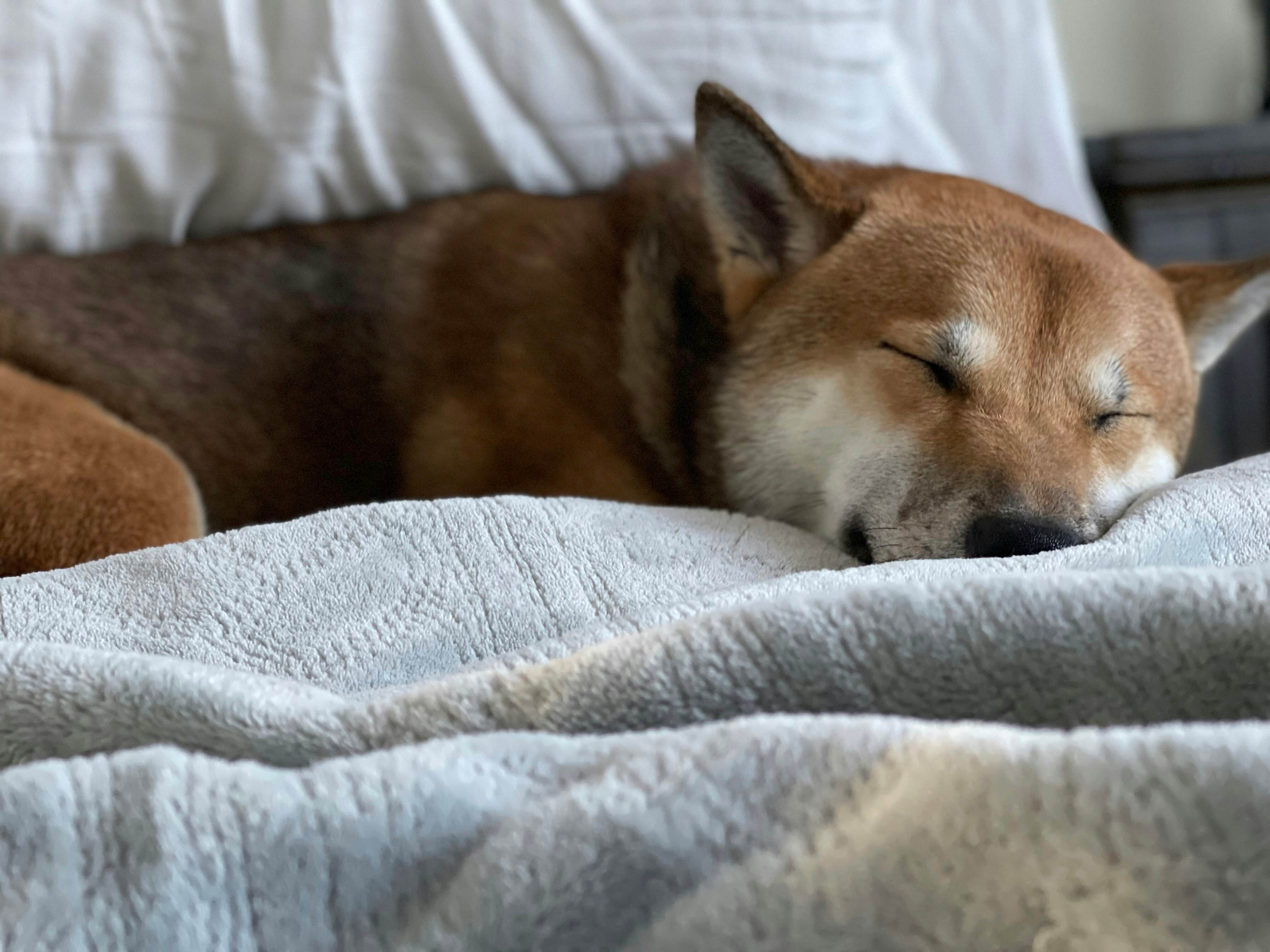

The Importance of Sleeping Before 11 PM: A Health Elixir Like No Other
The Importance of Sleeping Before 11 PM: A Health Elixir Like No Other
In both Classical Chinese Medicine (CCM) and modern biomedical science, sleep timing and quality are considered crucial for health. CCM emphasises the importance of aligning sleep with the body's natural rhythms, particularly by going to bed before the Gallbladder time (11 PM). Meanwhile, biomedical research highlights the significance of deep sleep and REM cycles, which are most restorative when sleep begins before midnight. This article explores both perspectives, examines how Qi-cultivating practices can enhance sleep efficiency, and provides some practical steps to reset sleep patterns for optimal health.
The Chinese Medicine Perspective: Sleeping Before Gallbladder Time (11 PM)
1. The Body's Circadian Clock in CM: The 24-Hour Meridian Cycle
CM divides the day into 12 two-hour intervals, each governed by a specific organ system. The Gallbladder (胆, Dǎn) and Liver (肝, Gān) are most active at night:
- Gallbladder Time (11 PM - 1 AM): The Gallbladder is responsible for decision-making, detoxification, and bile production. Sleeping during this time supports its function.
- Liver Time (1 AM - 3 AM): The Liver stores blood (Xue) and ensures smooth Qi flow. Deep sleep here allows for emotional balance and detoxification.
The Huangdi Neijing (《黄帝内经》), one of CCM's foundational texts, states:
"When the night falls, one should rest. If one does not sleep during the time of the Gallbladder and Liver, the Qi and blood cannot return to the organs, leading to depletion over time." (《素问·五脏生成篇》)
2. Consequences of Late-Night Sleep in CM
- Qi and Blood Deficiency: Disrupting the Liver and Gallbladder cycle weakens digestion, immunity, and emotional regulation.
- Damp-Heat Accumulation: Poor sleep timing can lead to sluggish metabolism, acne, and irritability (associated with Liver Qi stagnation).
- Early Aging: The Liver governs tendons and eyes; chronic sleep deprivation accelerates aging in CCM.
Biomedical Research: The Importance of Sleep Before Midnight and REM Sleep
1. The Role of Deep Sleep and Rapid Eye Movement (REM) Before Midnight
Studies suggest that sleep before midnight is more restorative due to:
- Higher Proportion of Deep Sleep (N3): The first half of the night contains more slow-wave sleep (SWS), essential for physical recovery and immune function (Walker, 2017).
- REM Sleep in the Second Half: REM sleep (linked to memory and emotional processing) peaks later, but its quality depends on early deep sleep (Peever & Fuller, 2016).
2. Health Risks of Late Sleep Timing
- Increased Cortisol Levels: Late sleepers have higher night-time cortisol, linked to insulin resistance (Spiegel et al., 1999).
- Reduced Melatonin Production: Light exposure after 11 PM suppresses melatonin, disrupting circadian rhythms (Gooley et al., 2011).
- Higher Risk of Chronic Disease: Night owls have a greater likelihood of obesity, diabetes, and cardiovascular issues (Knutson & von Schantz, 2018).
III. Qi-Cultivating Practices: Enhancing Sleep Efficiency
1. The Power of Qigong, Tai Chi, and Yoga
These ancient practices offer unique benefits for sleep:
- Regulate Qi Flow: By harmonising Liver and Gallbladder meridians, they reduce stress and improve sleep depth.
- Enhance Sleep Efficiency: Long-term practitioners often report needing less sleep while maintaining high energy due to optimised Qi circulation.
2. Scientific Validation
- Tai Chi significantly improves sleep quality in insomnia patients (Irwin et al., 2008).
- Yoga Nidra (yogic sleep) enhances both REM and deep sleep cycles (Pandi-Perumal et al., 2022).
- Qigong practitioners demonstrate improved melatonin production and circadian regulation (Manzaneque et al., 2004).
3. The Paradox of Less Sleep
Advanced practitioners may thrive on 6-7 hours because:
- Their sleep contains more efficient, restorative cycles
- Their waking hours benefit from cultivated Qi reserves
- They maintain strict alignment with natural circadian rhythms
IV. Practical Strategies for Sleep Optimization
1. Gradual Schedule Adjustment
- Shift bedtime 15 minutes earlier each night
- Use dawn simulation lighting for gentle morning awakening
- Install f.lux (PC/Mac) or Twilight (Android) for automated blue light reduction on your devices
3. TCM Sleep Remedies
- Acupressure: Daily massage of LR3 (Taichong) and GB20 (Fengchi)
- Herbal Support: Chrysanthemum tea for Liver heat; Suan Zao Ren for insomnia
4. Biomedical Sleep Hygiene
- Maintain 18-20°C (65-68°F) bedroom temperature
- Establish consistent wake times (even weekends)
- Reduce artificial light exposure
The convergence of ancient Chinese medicine wisdom and modern sleep science reveals a profound truth: sleeping before 11 PM is foundational for health. By honouring the Gallbladder and Liver cycles, maximising pre-midnight deep sleep, and incorporating Qi-cultivating practices, we can achieve truly restorative rest. Whether you need a full eight hours or thrive on less through disciplined practice, aligning with these natural rhythms offers a path to sustained vitality.
References
CM Sources:
- Unschuld, P.U. (2011). Huang Di Nei Jing Su Wen: An Annotated Translation of Huang Di's Inner Classic - Basic Questions
- Maciocia, G. (2005). The Foundations of Chinese Medicine
Biomedical Research:
- Walker, M. (2017). Why We Sleep
- Peever, J., & Fuller, P.M. (2016). Current Biology
- Gooley, J.J., et al. (2011). Journal of Clinical Endocrinology & Metabolism
Mind-Body Practices:
- Irwin, M.R., et al. (2008). Sleep
- Pandi-Perumal, S.R., et al. (2022). Sleep Medicine Reviews
- Manzaneque, J.M., et al. (2004). Journal of Psychosomatic Research
Sleep Technology:
- Harvard Health Publishing (2020). Blue Light and Sleep
- Shechter, A., et al. (2018). Journal of Psychiatric Research
The Dancing Crane Acupuncture website, social media and newsletters, offers insights rooted in Classical Chinese Medicine and Holistic Health principles. This content is for educational purposes only and should not replace personalised medical advice or treatment. For tailored guidance, we recommend consulting a qualified natural healthcare practitioner or licensed medical professional.
